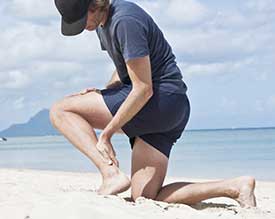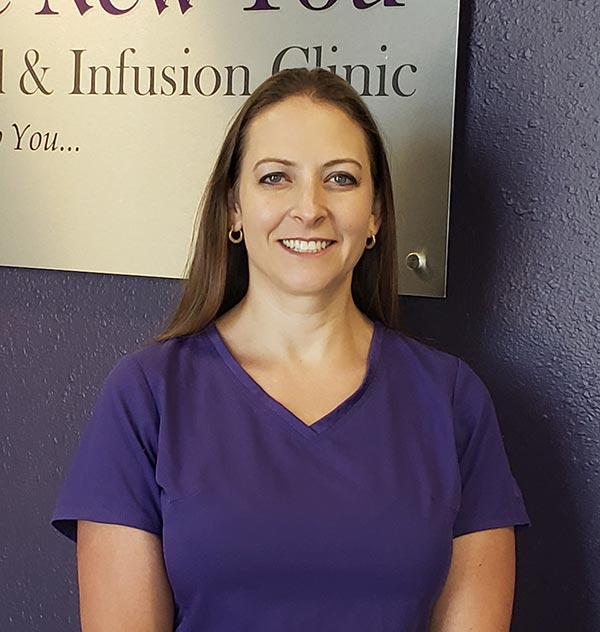Achilles Tendinitis Treatment in Las Colinas, TX

Achilles Tendinitis is an inflammatory response to the protective sheath around the Achilles tendon (connecting your calf to heel bone) and degradation of the tendon itself. Repeated running, jumping or general overuse can cause pain in the tendon (4-6 inches above your heel bone).
What Achilles Tendinitis Feel Like?
Not great. More specifically, you'll have a localized pain in the back of your leg, near your calf muscle. You'll typically experience stiffness in the morning that dissipates with some activity, but then re-emerges with excess activity. Many have describes the pain as a burning sensation. If you have severe pain, it's best to seek medical attention as you may have torn your tendon.
How is Achilles Tendinitis Diagnosed?
The first test a doctor is likely to perform is a physical exam inspecting the area for any enlargement and warmth. This is usually followed by an fMRI.
Who is at Risk for Achilles Tendinitis?
Both the young and old alike can develop Achilles tendinitis. Young sufferers typically develop paratendinitis, inflammation of the tendon's protective cover. Older adults (middle-aged) may suffer from damage and scarring to the Achilles itself.
The Achilles weakens with age, so middle-ages sufferers who have recently taken up a sport or active hobby are among the most common patients, followed closely by runners and athletes who have recently upped their training intensity.
Rick factors include:
- Men are at greater risk than women
- Middle-aged
- Flat or high arched feet
- Overweight or obese
- Running or playing sports in colder weather
- Old or unsupportive running shoes
- Running on uneven or hilly terrain
- Those with psoriasis and high blood pressure
How is Achilles Tendonitis Treated?
There are two main treatment categories, non-invasive and surgery.
Some non-invasive treatment options include:
- Anti-inflammatory drugs
- Rest/limited strain on the injured tendon
- Icing the area
- Stretching the tendon.
If symptoms persist for more than 3-months:
- Physical therapy
- Extracorporeal shockwave therapy
- Platelet-Rich Plasma injections
The next option is surgery or minimally invasive treatments:
- Brisement is the injection of an anesthetic near the tendon, under the protective sheath to dissolve scar tissue. (The treatment may have to be repeated until the desired result).
- Removing scar tissue surgically.
Now before you balk at surgery, the average full recovery time with non-invasive methods is about 1-2 years, where surgery recovery times may be much shorter. That said, if you've been experiencing symptoms for over 6-months seek medical attention as soon as possible.
Request more information about Achilles Tendonitis today. Call (817) 203-2760 or contact Ms. Jessica Stangenwald online.
The New You Medical & Infusion Clinic
Address
100 Grapevine HwyHurst, TX 76054
(817) 203-2760
https://www.newyoumedclinic.com/
Hours
Mon:
10:00 am - 6:00 pm
Tue:
10:00 am - 6:00 pm
Wed:
10:00 am - 6:00 pm
Thu:
10:00 am - 6:00 pm
Fri:
Closed
Sat:
Closed
Sun:
Closed


